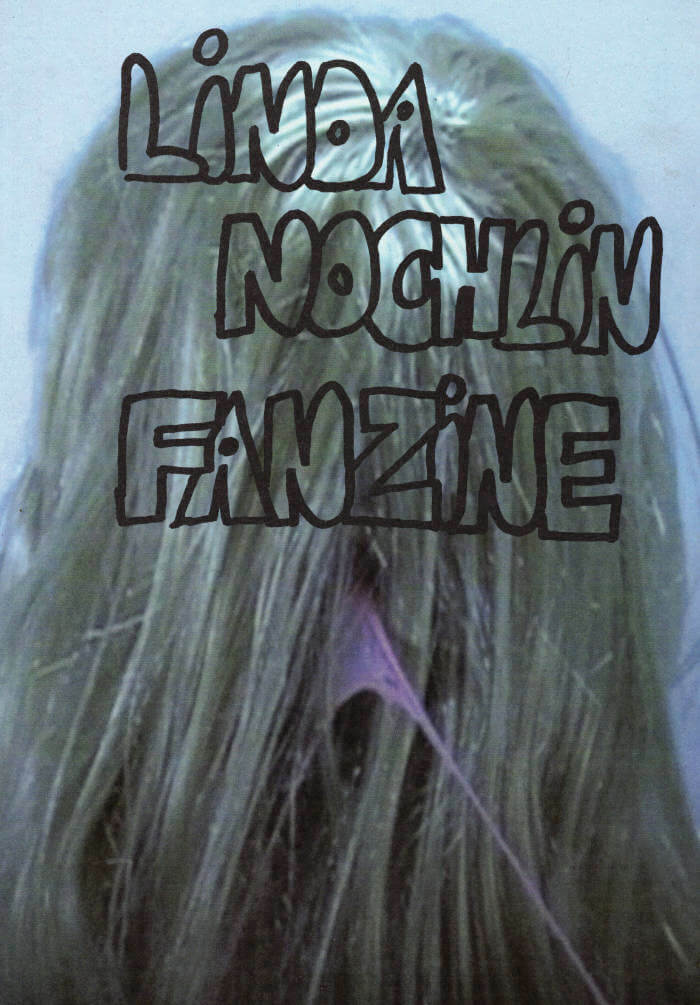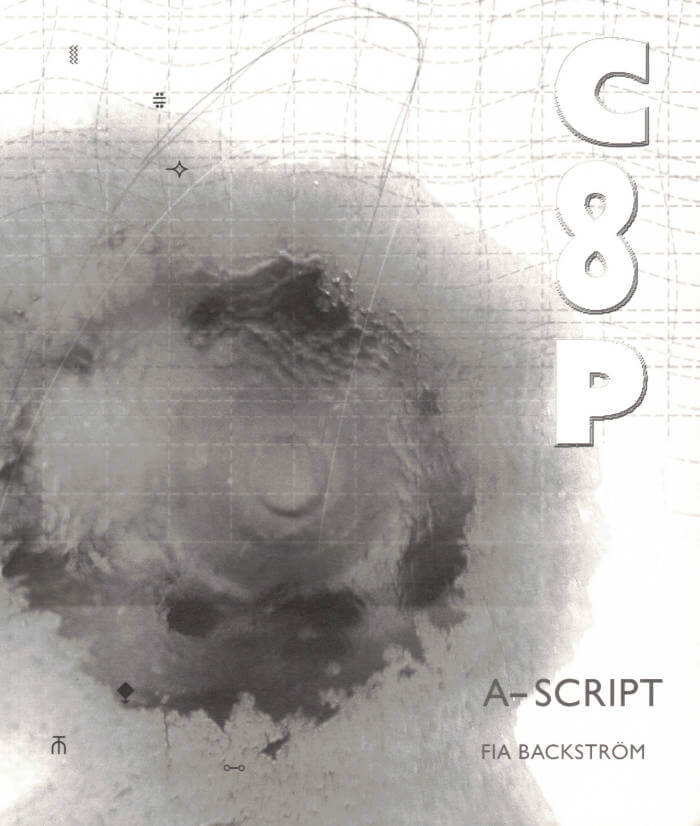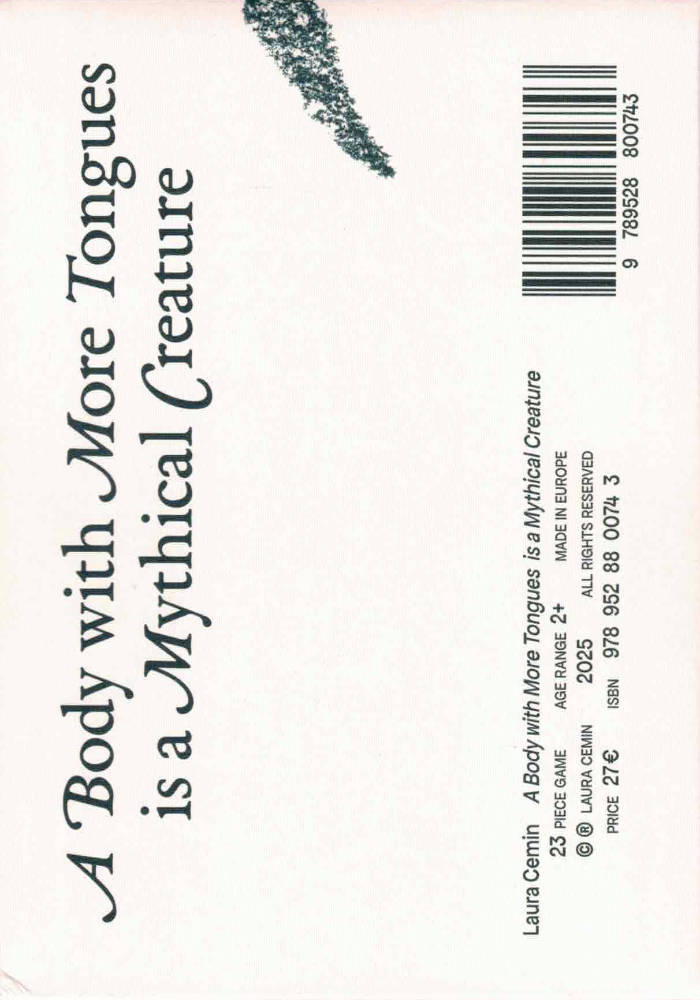
Linda Nochlin Fanzine
Jessica Gysel ed., Els Roelandt ed.
More than 130 artists and authors from different generations participated in 2021 in an open call to mark the 50th anniversary of Linda Nochlin's essay, Why Have There Been No Great Women Artists? This resulted in four digital fanzines that we now turned into a fierce publication in the tradition of the first feminist print work. Chloé D'hauwe took care of the no fuzz design.
Editors: Els Roelandt and Jessica Gysel
Texts: Olave Nduwanje and Delphine Bedel (ao)
Translations: Irene de Craen en Euphemia Ophelders
Design: Chloé D’hauwe
Cover: Christine Clinckx, Penelope, video still 2004
Print: Antilope de Bie Printing, Duffel
Riso: Risiko Press, Borgerhout
Year: 2022
Amount of pages: 228
Dimensions: 28 x 21 cm
Edition: 600 copies




